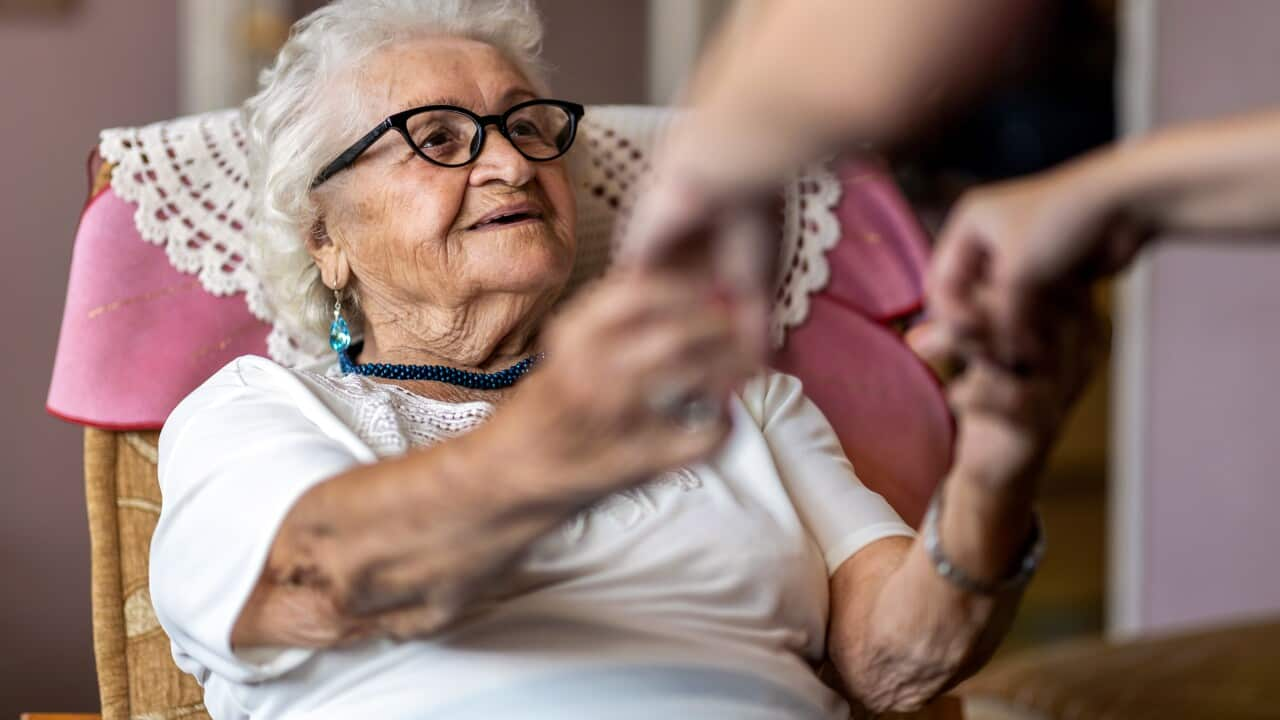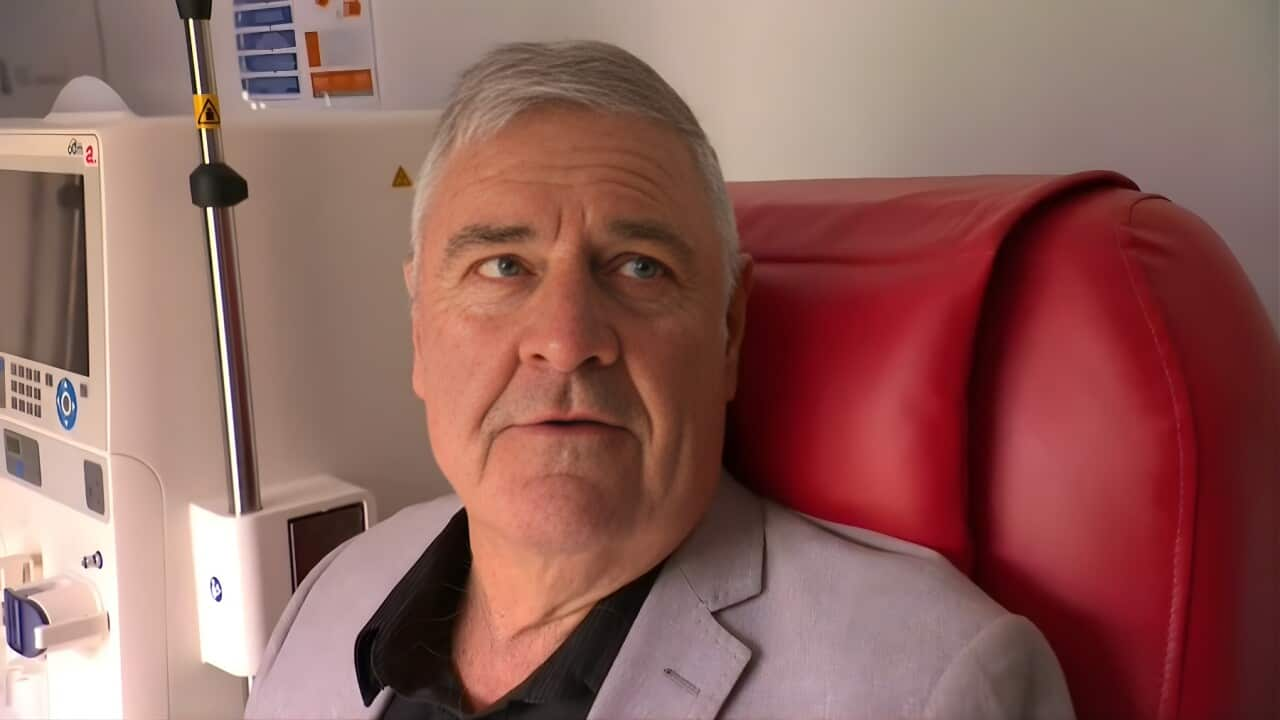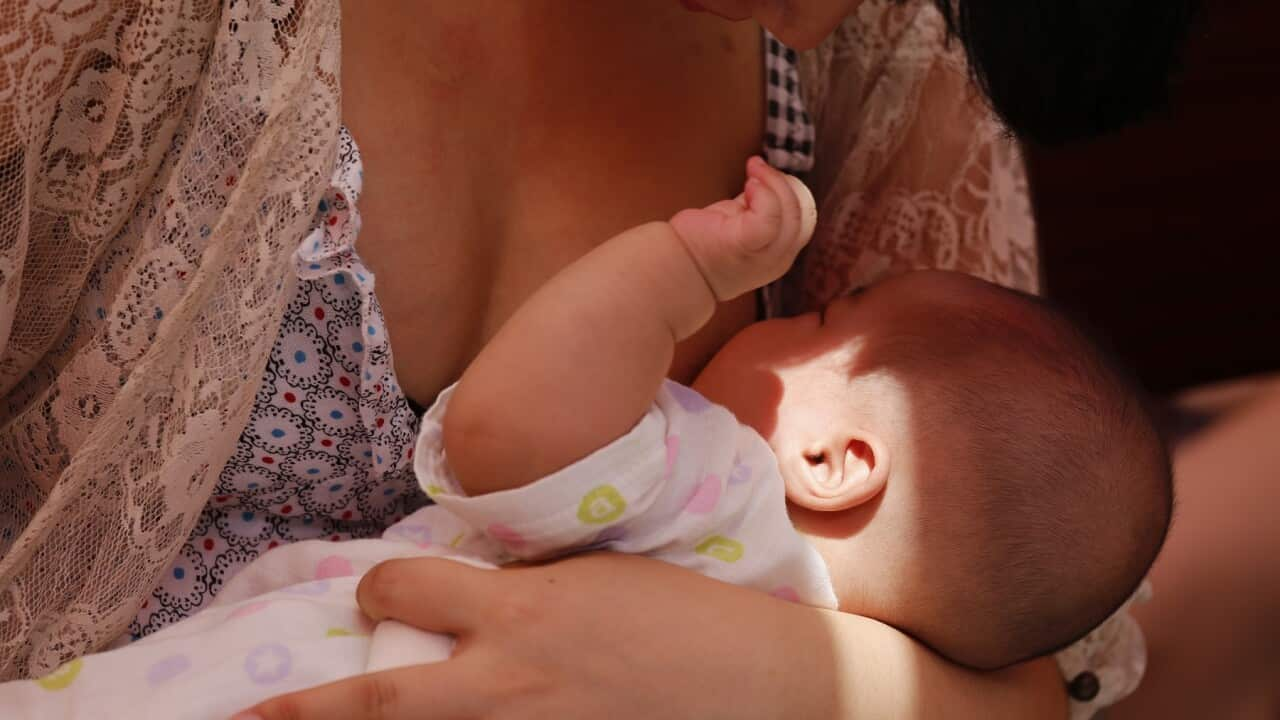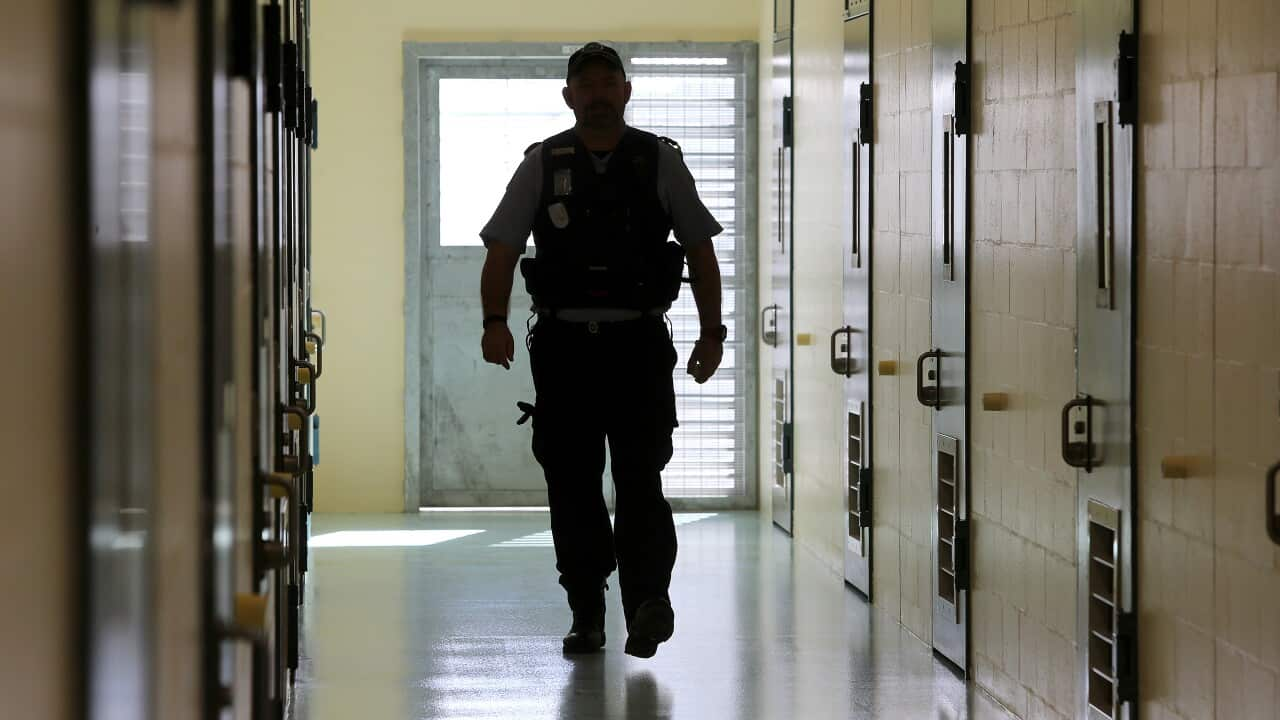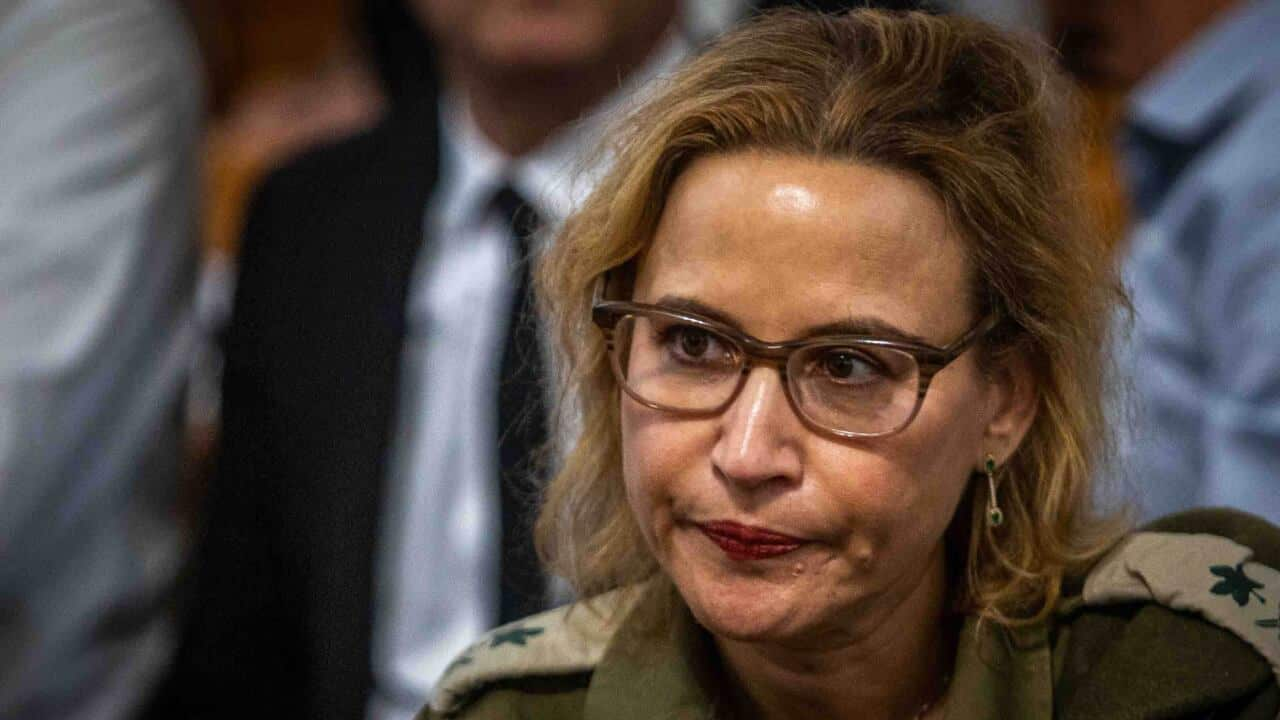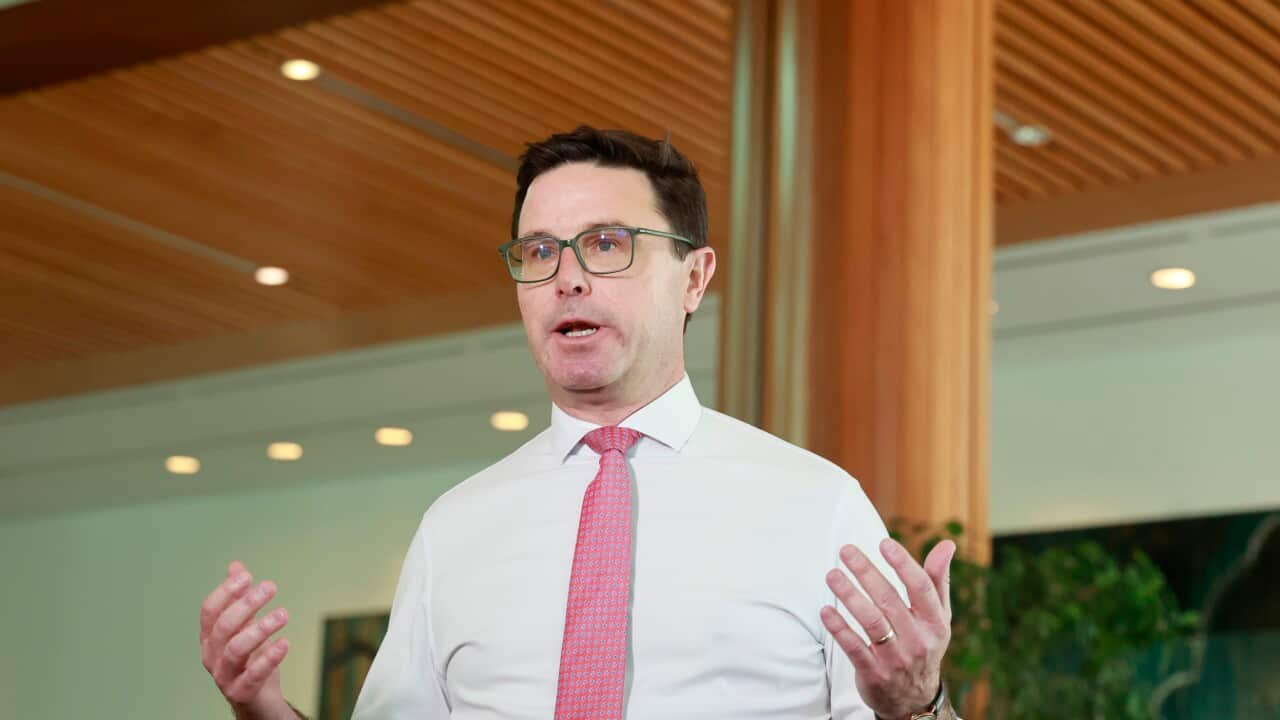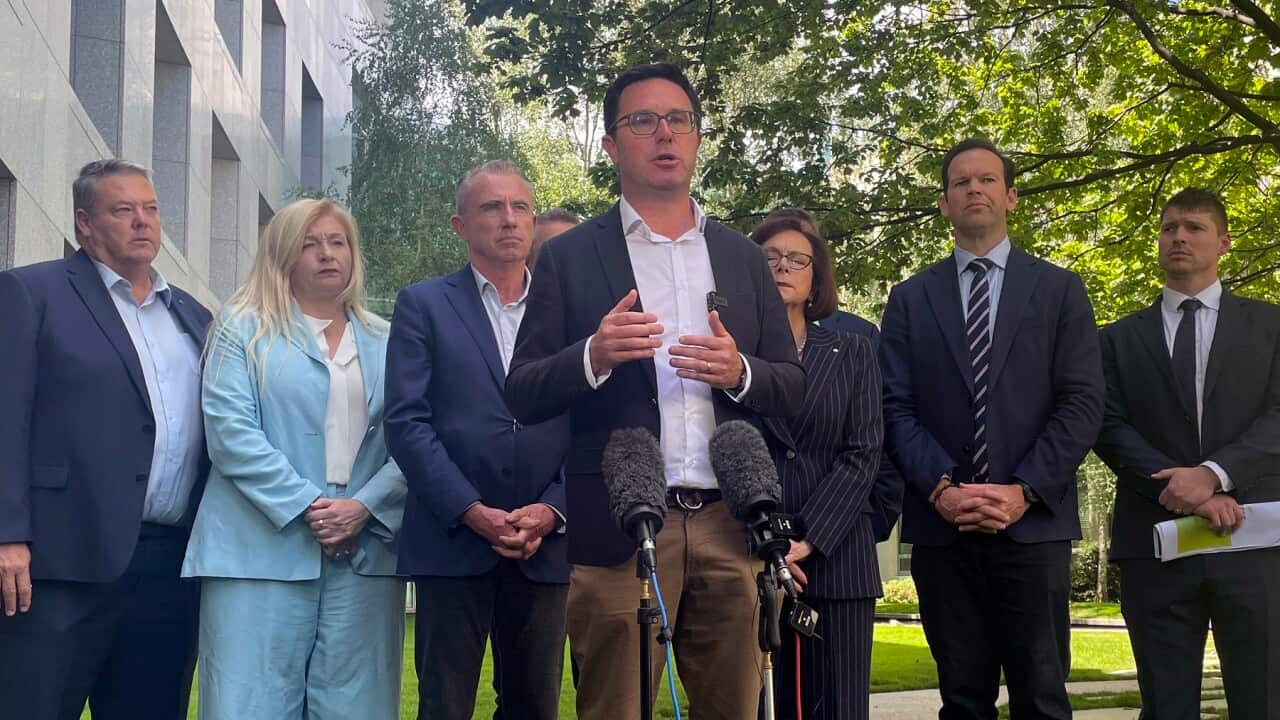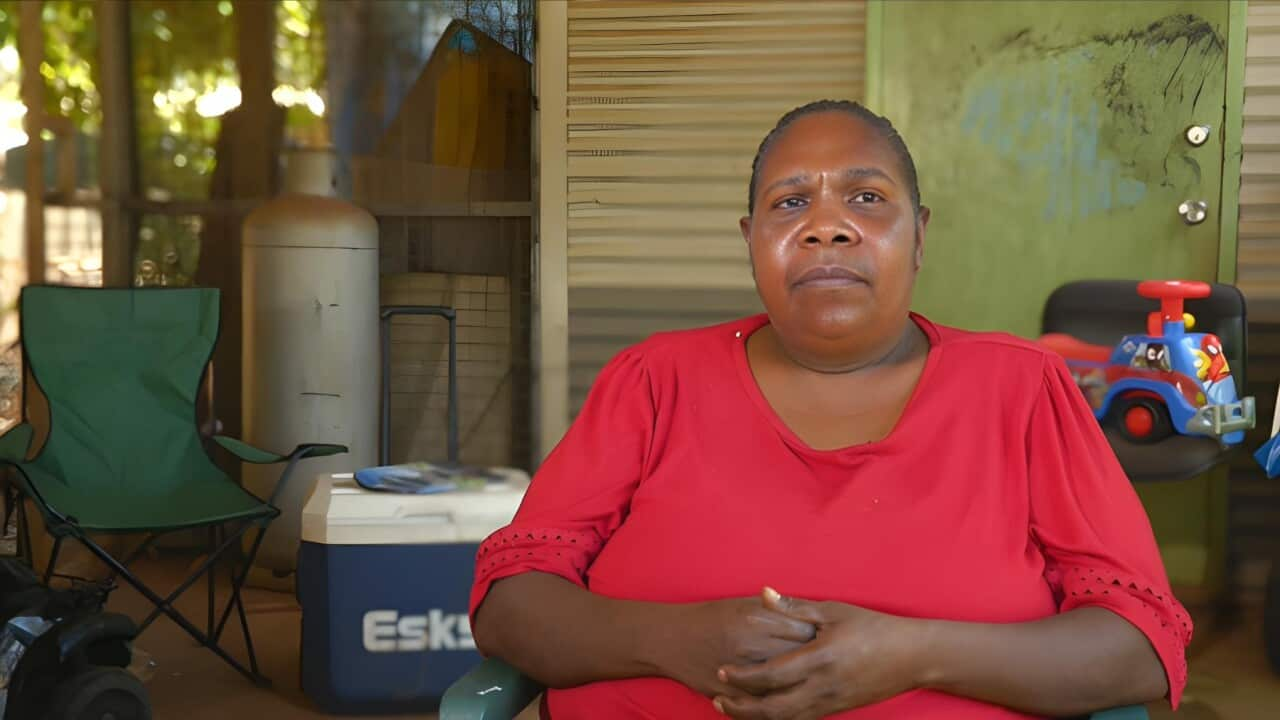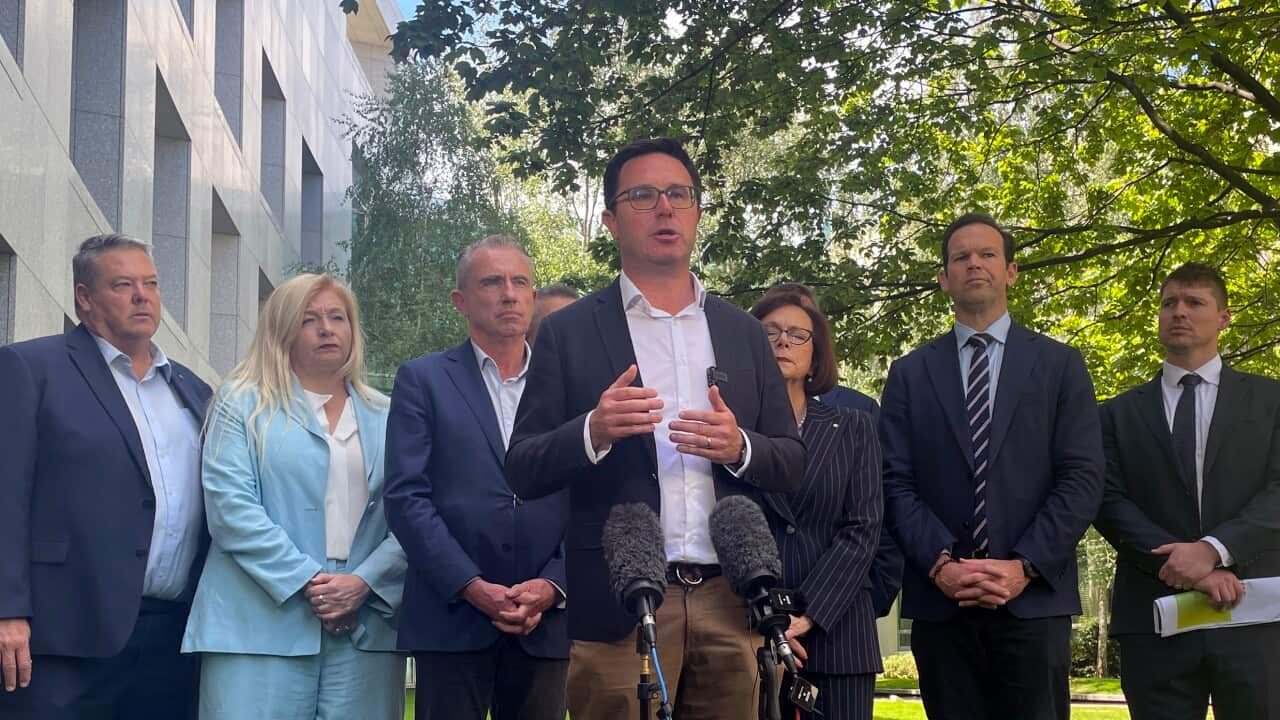TRANSCRIPT
Growing up in a sporting nation can come with its share of head-knocks.
Every year, nearly a quarter of a million people in Australia and New Zealand require medical attention for concussions, at an estimated annual cost of $100 million.
Concussion is a challenge that has followed 19-year-old Megan Butner on and off the pitch. She's still living with the lasting symptoms of repeated concussions.
"Concussions I've had have been a lot of injuries because of running into things, because of symptoms I've had along the way. I've had a lot of balance and coordination issues; I've had headaches. I've had memory loss. I've had sleep issues and mood issues."
The local GP or emergency department is often the first place people go when they're in a daze.
But research suggests up to half of those who sustain a concussion don't get the care they need.
Professor Karen Barlow is an academic paediatric neurologist at the University of Queensland, specialising in acquired brain injury in children and adolescence.
She says the knowledge gap needs to be addressed.
"We found that a lot a people do fall through the cracks. So community sport, or just simple falls and bad luck, and (they) were given information such as don't do anything, stay at home, don't be in a dark room, don't do any exercise. Actually all those things we know now are the wrong things to do after a concussion."
Professor Barlow is the author of the report published in the Medical Journal of Australia which describe initial diagnosis and assessment as a critical first step.
University of Queensland researchers led the development of the guidelines, which say patients should then receive clear, age-appropriate, advice on what symptoms to look out for, as well as when to follow up with a healthcare professional, if they persist.
Professor Barlow again:
"Patient education is really important; so that the people who have experienced concussion know what to expect. What's recovery, what's normal symptoms after a concussion and how long should these symptoms last? And what can the clinician recommend to help them recover more speedily. And then, following on from that, say a person has really severe headaches, what can they do to manage those headaches, to manage dizziness, to manage those mood problems. To make sure people get the care that they need in a timely fashion."The new model of care, called 'Mind the Gap', states that patients can be advised to "safely and gradually" resume normal activity as early as 24 hours post-injury.
This includes light physical activity.
But advice on returning to sport should be individualised - and based on a patient's symptoms.
Left untreated, these can have serious effects on a person's work, school performance and social function.
Now a university student, Megan Butner is no longer playing sport.
But she's learnt to juggle the demands of a full life, with the help of specialist concussion care.
She hopes this will be made more accessible because of these guidelines.
"I hope these guidelines - particularly in the area of consistency, that's what the guidelines bring for people like me. So in terms of closing that gap, we'll hopefully see a bit more communication. We'll see that consistency of care, and we'll hopefully see a little bit more of that burden eased for people like me."

